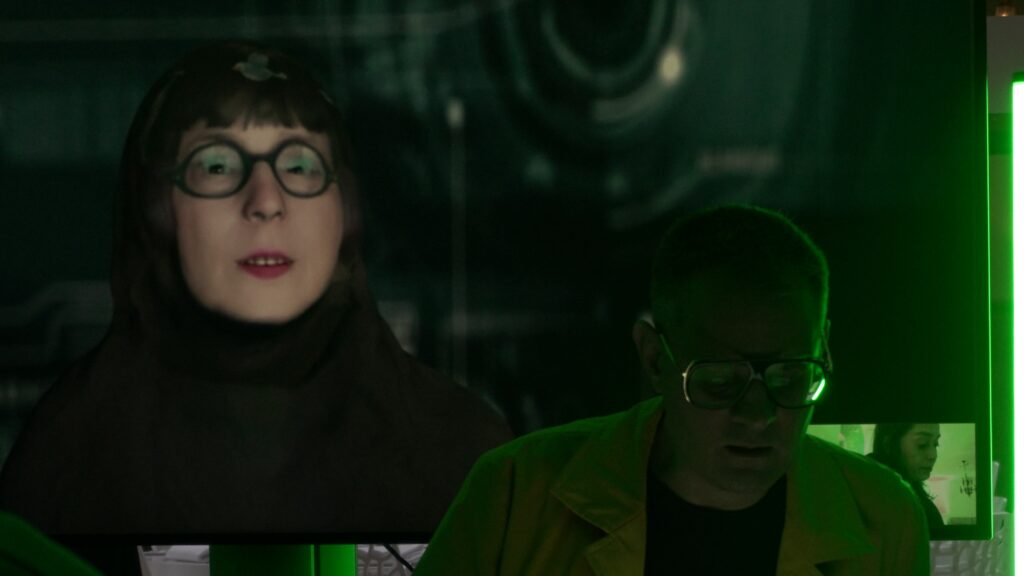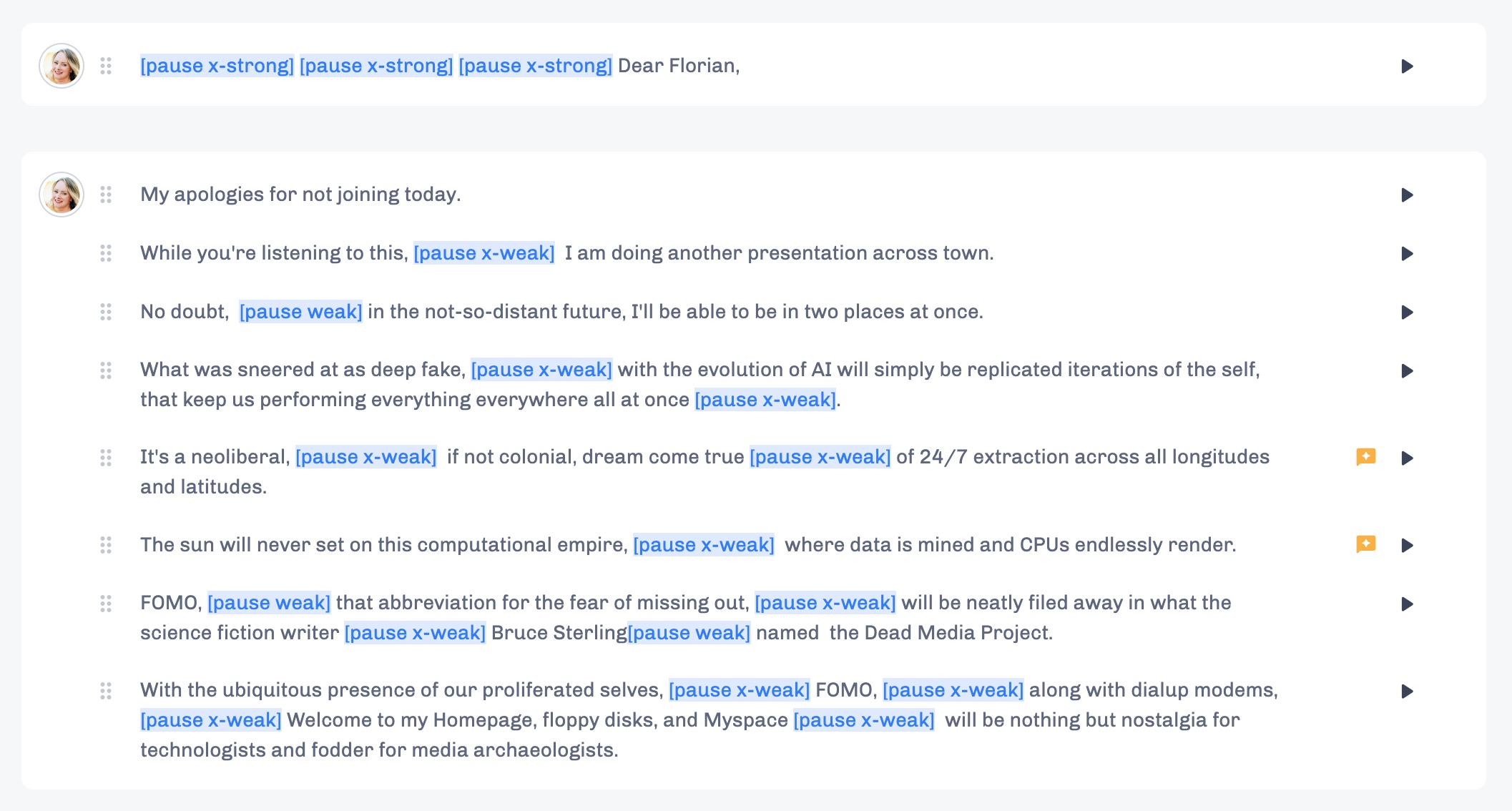
On Composting & AI
In the guise of a letter, this essay reflects on artificial intelligence and its potential for bringing fatal or sustainable futures to fruition. Questioning what constitutes the natural and artificial and what fosters intelligence, it explores machine pedagogies and the lessons a humble garden might teach us about AI. By asking what is being composted in datasets, the work considers anticipatory computation and its tendency to be a self-fulfilling prophecy with toxic consequences for humans and non-humans alike. Rather than current dominant extractionist models, it contemplates the possibility of loving our machines and tending to them as a garden.
This talk was initially prepared for a symposium organised by the Rotterdam University of Applied Sciences, Day of Practice-Based Research: Responsible Applied AI (September 2022). Because I was scheduled to give a talk at another symposium and could not attend in person, I prepared an audio file in advance. While it was played, the speech was simultaneously converted to text. Then Florian Cramer, Lector William de Kooning Academy, read and mediated the AI-generated transcript through an animated avatar from my Facebook profile picture.
Note: For the purposes of this publication, the performative talk has been rewritten and supplemented to stand alone as an online work.
Listen to the letter:
In his poem 1817 poem Thanatopsis, William Cullen Bryant wrote:
“Yet not to thine eternal resting-place
Shalt thou retire alone, nor couldst thou wish
Couch more magnificent. Thou shalt lie down
With patriarchs of the infant world—with kings…”
And I would add that we will also lie down with machines.
Florian Cramer
Renée Turner
The video loops above are generated by uploading our photos on MyHeritage.com. The software boasts to bring the past to life through AI generated animation.
Florian Cramer is a writer, photographer, filmmaker and theorist. He is a reader in 21st Century Visual Culture at Willem de Kooning Academy, Rotterdam, an art and design school which is part of Rotterdam University of Applied Sciences (Hogeschool Rotterdam).
The original script for “Dear Florian,” was translated through text-to-speech using Murf AI voices: Amelia (F) young adult (UK) & Cathy (F) middle-aged (US). I manually added pauses and pitch adjustments into the text to create a more varied rhythm of speech.

Notes, Quotes & Mentions
Dead Media Project. (2022, July 10).
Regarding the problems of viewing the world as resource:
Ghosh, Amitav. The Nutmeg’s Curse: Parables for a Planet in Crisis. University of Chicago Press, (2022).
More on Google’s proprietary approach to water use: Sattiraju, Nikitha. Secret Cost of Google’s Data Centers: Billions of Gallons of Water. Time. April 2, 2020.
Quote# 1
I compost my soul in this hot pile. The worms are not human; their undulating bodies ingest and reach, and their feces fertilize worlds.
Haraway, Donna J. Staying with the Trouble (Experimental Futures) (p. 34). Duke University Press.(2016).
With reference to the line:
Many have said this before and better than I can. But it’s worth reiterating. We need to think outside the longstanding beliefs of exceptionalism, acknowledge complexity and interdependency and consider the long view. After all, this planet is a wondrous and precious place to be.
Here is a selection of those who have said it much better than me: Donna Haraway, Amitav Ghosh, Robin Wall Kimmerer, Anna Lowenhaupt Tsing, Robert McFarlane, Achille Mbembe, and the list goes on and on.
Quote #2
They are anticipatory computations that tell us what we already know but in the future. If we want different or better or more just futures and worlds, it is important to notice what kind of knowledge networks are already predicting our futures.
McKittrick, Katherine. Dear Science and Other Stories (p. 116). Duke University Press. (2020).